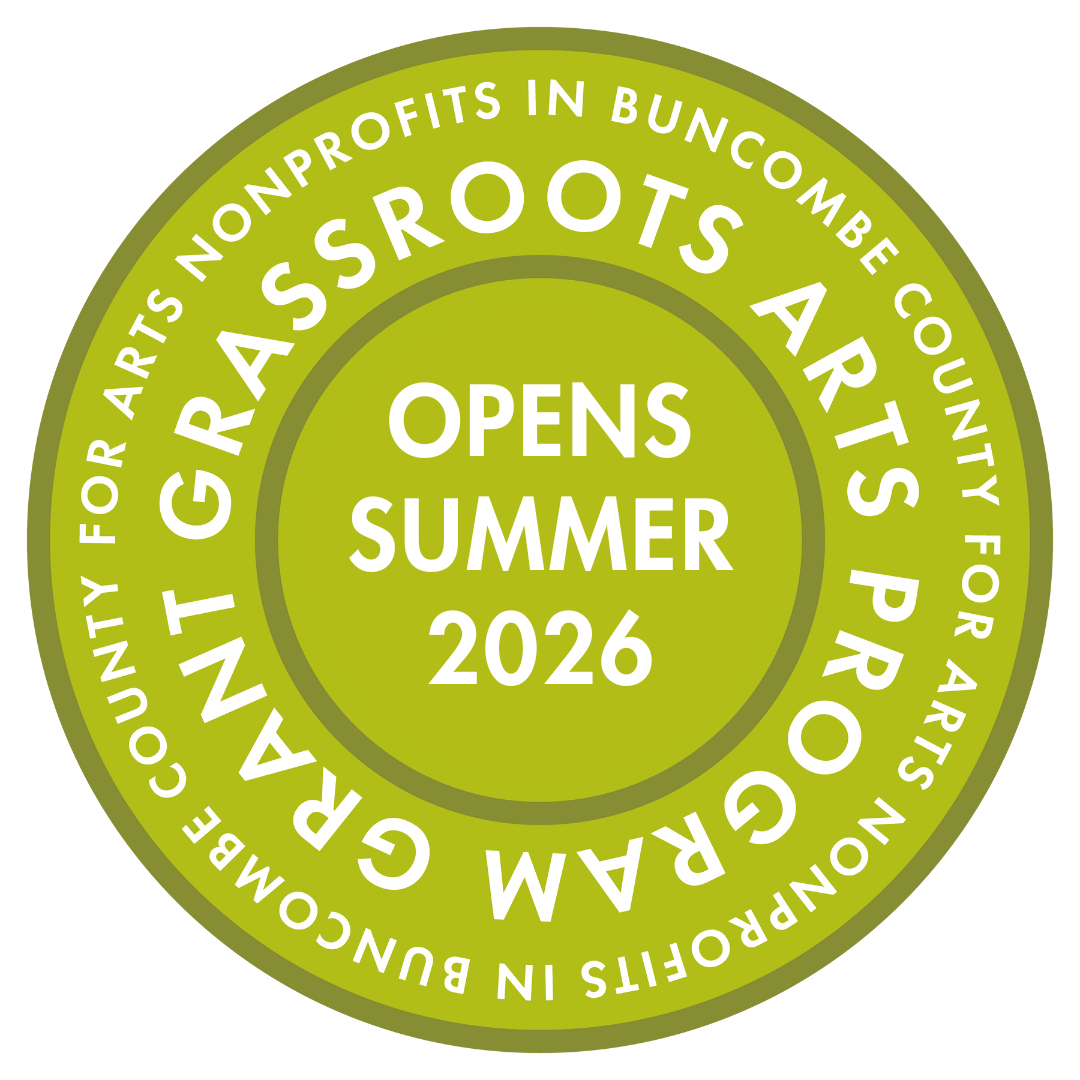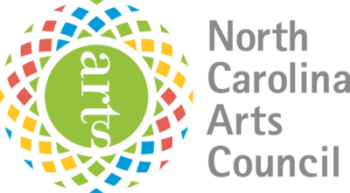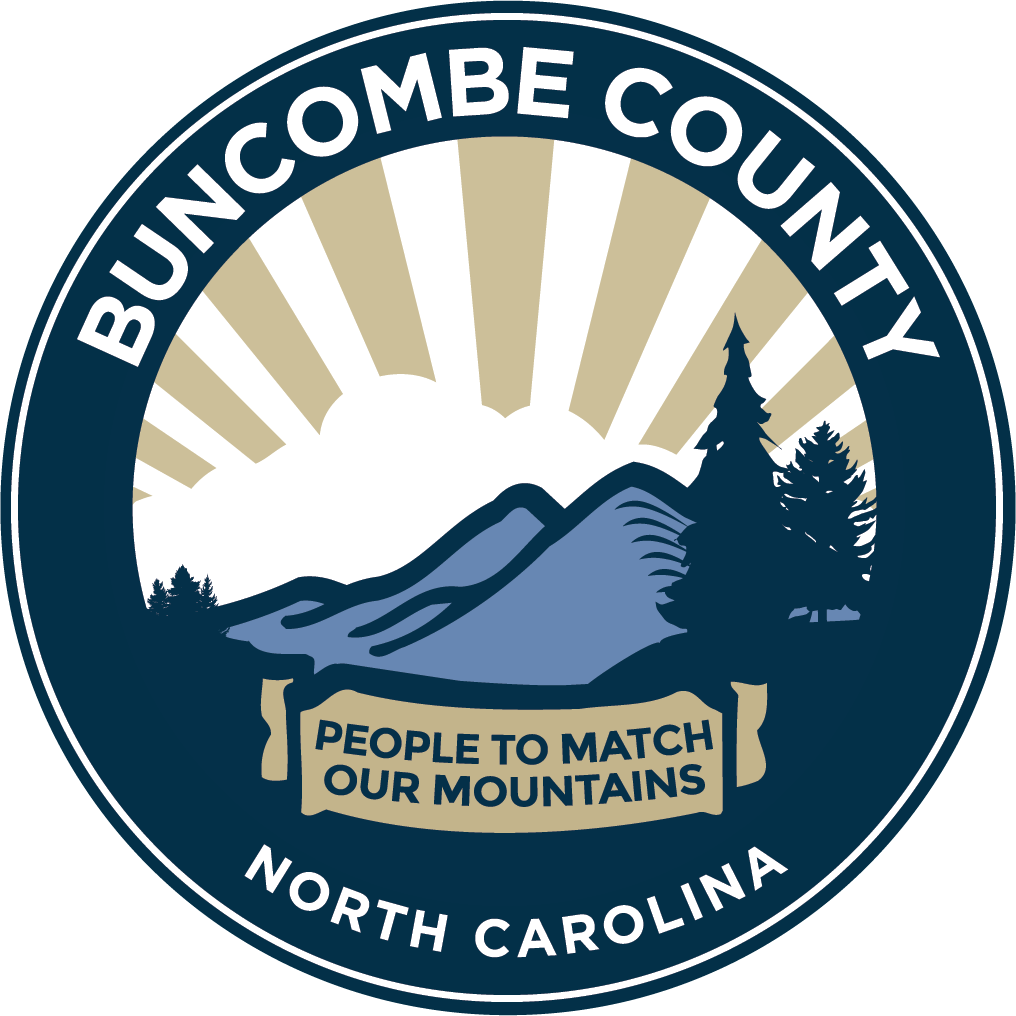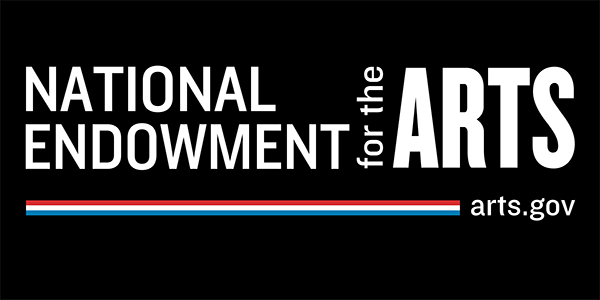GRASSROOTS ARTS PROGRAM GRANT
Overview
Closed | Next Cycle Summer 2026
Please note: Grant materials have not yet been updated for the 2026-2027 grant cycle and are subject to change.
Since 1977, the North Carolina Arts Council’s Grassroots Arts Program (GAP) has provided North Carolina citizens access to quality arts experiences. The program provides funding for the arts in all 100 counties of the state through partnerships with local arts councils. The Buncombe County Grassroots Grant Program is made possible by ArtsAVL, the North Carolina Arts Council, Buncombe County Government, and the National Endowment for the Arts.
The Grassroots Arts Program provides programmatic and operating support for nonprofit arts organizations in Buncombe County. Grants for FY26 will range from $2,500-7,500 dollars depending on the size of the organization. The deadline to apply is September 15, 2025.
Multicultural programs and organizations located outside of the City of Asheville will receive special consideration. To be considered a multicultural organization the mission of the organization must be focused on supporting African American, Asian American, Latino, or Native American cultures. For a program to be considered multicultural it must be conducted by artists, ensembles, or organizations of color.
Sponsored by




Application Process
Description & Eligibility
Grassroots Arts Program funds may be used for expenditures to conduct quality arts programs or operate a nonprofit arts organization. PLEASE NOTE: This grant is NOT for individual artists or non-arts organizations.
Fund Usage
- Program expenses such as: Performances; Festivals; Art exhibitions; Arts camps and after-school programs; Artist residencies for K-12 schools; Artist fees for classes and workshops; Marketing expenses for art walks and studio tours; Royalties, props, sets, and costumes for theater performances; Equipment rental for arts programming; Space rental for arts programming.
- Operating expenses for qualified arts organizations. These can include salaries, telephone, office supplies, printing, postage, rent, utilities, insurance.
- Funding CAN NOT be used to support: Individual applicants; prizes, competitions, scholarships, tuition, or financial awards; art supplies or equipment purchases; fundraising events; purchase of artwork; food or beverages for hospitality or entertainment functions; capital expenditures; internal school programs such as art programs, band and choral activities and equipment; oral history and history projects; interest on loans, fines, or litigation costs.
- Religious organizations or churches may NOT receive Grassroots funds unless the programs are presented outside regular church services, engage the larger community, and do not contain religious content.
Nonprofits and Fiscal Agents
Organizations must have been in operation for at least one year and be physically located in Buncombe County. While nonprofit 501(c)(3) status is preferred, arts organizations that are nonprofit in nature may also receive Grassroots Arts Program subgrants for programs only by using a fiscal agent to receive the funds on their behalf. Organizations applying via a fiscal agent will receive second priority after arts nonprofits.
Things to keep in mind if using a fiscal agent:
- Both the fiscal agent and the organization they are applying on behalf of must be physically located in Buncombe County.
- The fiscal agent fills out the grant application. Since they are financially liable for any funding awarded, we need to be sure they are aware of what is being proposed.
- If using a fiscal agent, you are only eligible to apply for program funding, not operating support.
- The fiscal agent receives the grant payment directly. It is strongly recommended that the fiscal agent handle the accounting for the grant by receiving all income and paying all expenses for the project. It is allowable to charge the grantee for this service or have the cost included in the budget as a grant expense. The fiscal agent can transfer the grant payments to the grantee who would then handle the grant expenditures, but the fiscal agent would still be responsible for these expenditures.
- The fiscal agent and the grantee sign the final report certifying its accuracy. The fiscal agent is liable for the repayment of any grant funds not spent or misspent.
- Maximum grant awards are $2,500 for applicants using a fiscal agent.
If you would like to apply using a fiscal agent, please contact us to set up an appointment to discuss before applying.
Additional Considerations & Requirement
Multicultural programs and organizations located outside of the City of Asheville will receive special consideration. To be considered a multicultural organization the mission of the organization must be focused on supporting African American, Asian American, Latino, or Native American cultures. For a program to be considered multicultural it must be conducted by artists, ensembles, or organizations of color.
Arts organizations may be required to match grant funding. The County’s contribution satisfies the one to one match required for grantees receiving North Carolina Arts Council funding. Grantees receiving National Endowment for the Arts funding will have a required one to one match.
Organizations that have already received a 2025-26 grant from ArtsAVL (such as Arts for Schools or Arts Build Community) for a project may NOT submit a GAP application for that same project.
Organizations that have received a NCAC Sustaining Support grant are still eligible to apply for a GAP grant, but only for program support. Sustaining Support recipients are not eligible to apply for a GAP grant for operating support. If you have received both a NCAC Sustaining Support grant and a NEA project grant, you are NOT eligible to apply for a GAP grant.
Funds are for projects taking place from July 1, 2025 – June 30, 2026. This can be a reimbursement for projects occurring during this funding period that have already taken place or for projects that have not yet occurred. Projects must be completed by June 30, 2026.
National Endowment for the Arts Requirements
ArtsAVL has received funding for the 2025-26 GAP cycle from the National Endowment for the Arts for program support awards. Please note the following requirements.
If an organization receives NEA funds as part of their GAP award:
- The organization must be prepared to comply with federal regulations and policy requirements applicable to all federal awards. These include requirements that prohibit discrimination, ensure accessibility of all facilities and programs funded with federal monies, provide for the protection of environmental and historic resources, and more. These policies and legal requirements are also provided here.
- The organization must comply in all respects with all applicable Federal anti-discrimination laws pursuant to Executive Order No. 14173, Ending Illegal Discrimination and Restoring Merit-Based Opportunity, dated January 21, 2025. The applicant does not operate any programs promoting “diversity, equity, and inclusion” (DEI) that violate any applicable Federal anti-discrimination laws, in accordance with Executive Order No. 14173. For more information, visit https://www.arts.gov/grants/legal-requirements-and-assurance-of-compliance/frequently-asked-questions.
- The organization must have a Unique Entity Identifier (UEI). Note: subgrantees are not required to maintain active System for Award Management (SAM) registration, but must obtain a UEI. Video tutorial on how to get a UEI code.
- The organization will be required to fulfill a one to one match.
Timeline
- August 15 – Application opens
- September 15 – Application deadline
- Late Oct/ Early Nov- Awards Announced
- Early Nov- Funds distributed
- May 31- Final report due
Selection Criteria & Process
All applications are initially screened by staff for completeness, eligibility, and feasibility.
- Completeness of the Application | No additional information required (10 pts), Had to request more information (5 pts)
- Eligibility of Requests | All of the request is eligible for funding (10 pts), Part of the request is eligible for funding (5 pts)
- Feasibility of Completion within Time Restriction | The request can be completed by the 6/30/2025 deadline (10 pts), Will need to work with them to ensure that request is completed by 6/30/2025 deadline (5 pts)
Applications receiving a 0 on any of these categories or a total score below 15 will not progress to the next level.
Applications will also be grouped into possible funding ranges based on budget size with the understanding that larger institutions have a larger reach and greater operating costs:
- Up to $2,500 for Organizations with a budget of $50,000 or less
- Up to $5,000 for Organizations with a budget of between $50,000 and $250,000
- Up to $7,500 for Organization with a budget over $250,000
A selection panel will then score all applications based on the following criteria:
- APPLICATION COMPLETENESS | Do you feel like you have a good understanding of the proposal based on the application or is it missing key details?
Scale: 5 – Very Confident 4 – Confident 3 – Unsure 2 – Doubtful 1 – Very Doubtful - FEASIBILITY | How confident are you in the ability of the organization to complete the proposal considering the scope, time restrictions (must be completed between July 1, 2023 and June 30, 2024), and other resources needed for successful completion.
Scale: 5 – Very Confident 4 – Confident 3 – Unsure 2 – Doubtful 1 – Very Doubtful - ORGANIZATIONAL STABILITY | How confident are you in the organization’s capacity to carry out the proposed and the grant reporting requirements?
Scale: 5 – Very Confident 4 – Confident 3 – Unsure 2 – Doubtful 1 – Very Doubtful - ACCESSIBILITY | How accessible is the proposed for individuals with disabilities, including physical, visual, hearing, and cognitive impairment?
Scale: 5 – Very Substantial 4 – Substantial 3 – Moderate 2 – Insubstantial 1 –Very Insubstantial - ARTS & CULTURE ALIGNMENT | How centered are arts and culture in this proposal? This can either be by enhancing the organization’s ability to fulfill its arts and culture focused mission or to increase the accessibility of arts and cultural exposure to local residents.
Scale: 5 – Very Substantial 4 – Substantial 3 – Moderate 2 – Insubstantial 1 –Very Insubstantial - MULTICULTURAL IMPACT | Is this a multicultural organization or program? To be considered a multicultural organization the mission of the organization must be focused on supporting African American, Asian American, Latino, or Native American cultures. For a program to be considered multicultural it must be conducted by artists, ensembles, or organizations of color.
Scale: 5 – Very Substantial 4 – Substantial 3 – Moderate 2 – Insubstantial 1 –Very Insubstantial - GEOGRAPHIC IMPACT | What is the impact on residents throughout the County, especially in underserved rural areas of the County? This criteria is meant to help ensure that residents throughout the County have access to arts programs.
Scale: 5 – Very Substantial 4 – Substantial 3 – Moderate 2 – Insubstantial 1 –Very Insubstantial - ARTISTIC EXCELLENCE & MERIT | Does this proposal exhibit artistic excellence (the quality of the artists, creative process, works of art, organizations and/or partners involved in the project and their relevance to the communities the project aims to serve) and artistic merit (mission & audience alignment, clearly defined goals, direct compensation to artists, engagement with underserved artists and/or audiences)?
Scale: 5 – Very Substantial 4 – Substantial 3 – Moderate 2 – Insubstantial 1 –Very Insubstantial
A panel of 3-5 volunteers is selected to review the applications and make final funding recommendations. Panelists are expected to review and score each application using a scoring spreadsheet provided by ArtsAVL. Scores are then combined and ranked by ArtsAVL staff. A joint meeting of all panelists is then held for them to review the combined scores, discuss applications, and create a list of final funding recommendations.
The applicant’s combined scores, as well as any additional notes, will be given to the applicant with their award notification letter.
Application & Support Resources
APPLICATION
(Questions PDF). Application is now closed.
SUPPORT RESOURCES
Grant Guidelines (PDF)
Overview for Applicants (Video | Slides)
If you need help with your application, or have specific questions, email Development and Grants Director Rebecca Lynch at rebecca@artsavl.org. No phone calls, please. If you would like to discuss your application, please email us to set up an appointment.
2025-26 Award Recipients
American Myth Center
Arts 2 People
Asheville Art Museum
Asheville City Schools Foundation
Asheville Community Theatre
Asheville Contemporary Dance Theatre
Asheville Fringe Society
Asheville Independent Arts and Music, Inc.
Asheville Mardi Gras, Inc.
Asheville Music School
Asheville Musical Theatre, Inc.
Asheville Puppetry Alliance/Street Creature Puppets
Asheville Symphony Society, Inc.
Attic Salt Theatre Company
Black Mountain Center for the Arts
Black Mountain College Museum + Arts Center
Blue Ridge Orchestra
Bob Moog Foundation/Moogseum
Center for Craft
Colaborativa La Milpa
Connect Beyond Festival
Delta House Life Development of Asheville, Inc.
Different Strokes! Performing Arts Collective
Friends of Community Radio/Asheville FM
Glitter Sisters, Inc.
Hood Huggers Foundation
LEAF Global Arts
Local Cloth, Inc.
Montford Muppets
Montford Park Players
MusicWorks
North Carolina Glass Center
North Carolina Stage Company
Open Hearts Art Center
Pan Harmonia
Punch Bucket Lit
RADA Foundation
Southern Highland Craft Guild
Stewart/Owen Dance
Sublime Theatre & Press, Inc.
Swannanoa Valley Art League (SVAL)
Terpsicorps Theatre of Dance, Inc.
The Asheville Darkroom
Umoja Health Wellness and Justice Collective
Weaverville Art Safari
Wilma Dykeman Legacy
Womansong of Asheville, Inc.
Wortham Center for the Performing Arts
YMI Cultural Center
